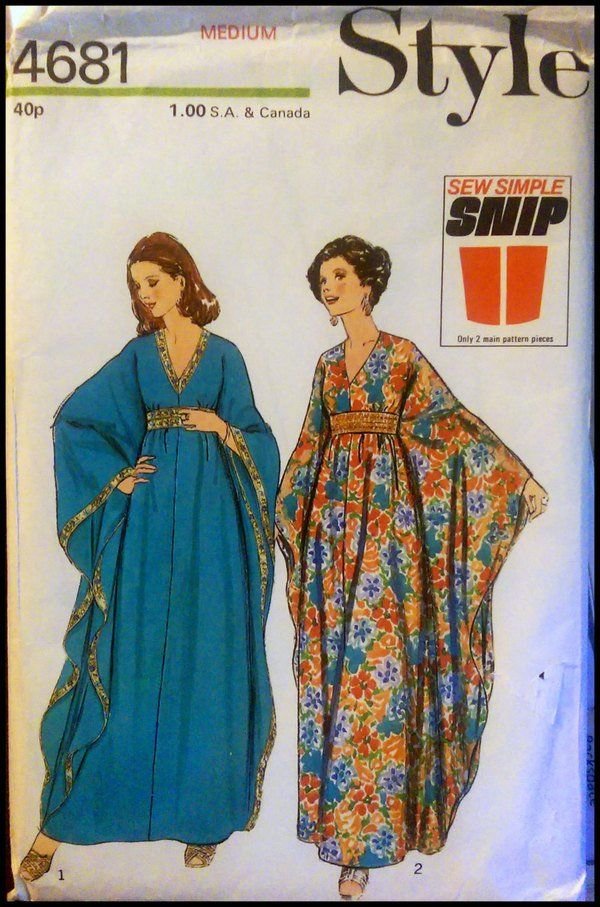
As Ceefax is trending today let's take a quick look back at the 1970s analogue internet on your telly!
Just waiting for the right page...
Just waiting for the right page...

Teletext is a way of sending text and very blocky graphics alongside a traditional TV signal, to be decoded and displayed by a suitably equipped telly.
Rumbelows can sort you out with a Ferguson or ITT set if you need one...
Rumbelows can sort you out with a Ferguson or ITT set if you need one...

And on 23 September 1974 the first teletext service started in the UK: Ceefax on BBC, and Oracle on ITV!*
(*assuming your parents let you watch ITV. Not all did.)
(*assuming your parents let you watch ITV. Not all did.)

Soon Britain became obsessed by this slightly strange technology. Information on the telly? Whatever next! 

And it wasn't long before Blue Peter came along to explain how the magic worked in 1975:
Over to you Lesley...
Over to you Lesley...

BBC News soon saw the advantages of Ceefax, and began using it for breaking news: bbc.co.uk/news/magazine-… 

And no trip back from the pub was complete without plonking down on your favourite armchair to watch Pages From Ceefax accompanied by some soothing music! 

From 1979 onwards the BBC began using Ceefax to provide subtitles, helping to make TV more accessible. 



And by the early 1980s you could also get Ceefax on your computer, allowing you to download software for free!
Not quite a torrent, but near enough...
Not quite a torrent, but near enough...

Teletext seemed to have it all and for many years it was a staple part of our news and entertainment diet. 



But new technology aways usurps the old and Ceefax came to an end on 22 October 2012, when 625-line analogue TV broadcasts in the UK ended.
Its job was done...
Its job was done...

If you were a fan of Ceefax you'll certainly want to check out the online Teletext Museum: teletext.mb21.co.uk 

Anyway I hope this thread has helped answer your many questions about what we did before the internet arrived.
Basically we stared at a screen all day for fun...
Basically we stared at a screen all day for fun...

• • •
Missing some Tweet in this thread? You can try to
force a refresh






















